Plumbing emergencies tend to pop up out of nowhere, leaving chaos in their wake if not dealt with swiftly.
If you’ve got a burst pipe or a nasty clog, it’s all about quick action to keep your property safe. Learn the ropes about common issues, figure out where and how to turn off the water, and act fast with temporary fixes to limit the damage.
Keep reading to get the lowdown on dealing with any plumbing crisis you might stumble upon.
Common Plumbing Emergencies
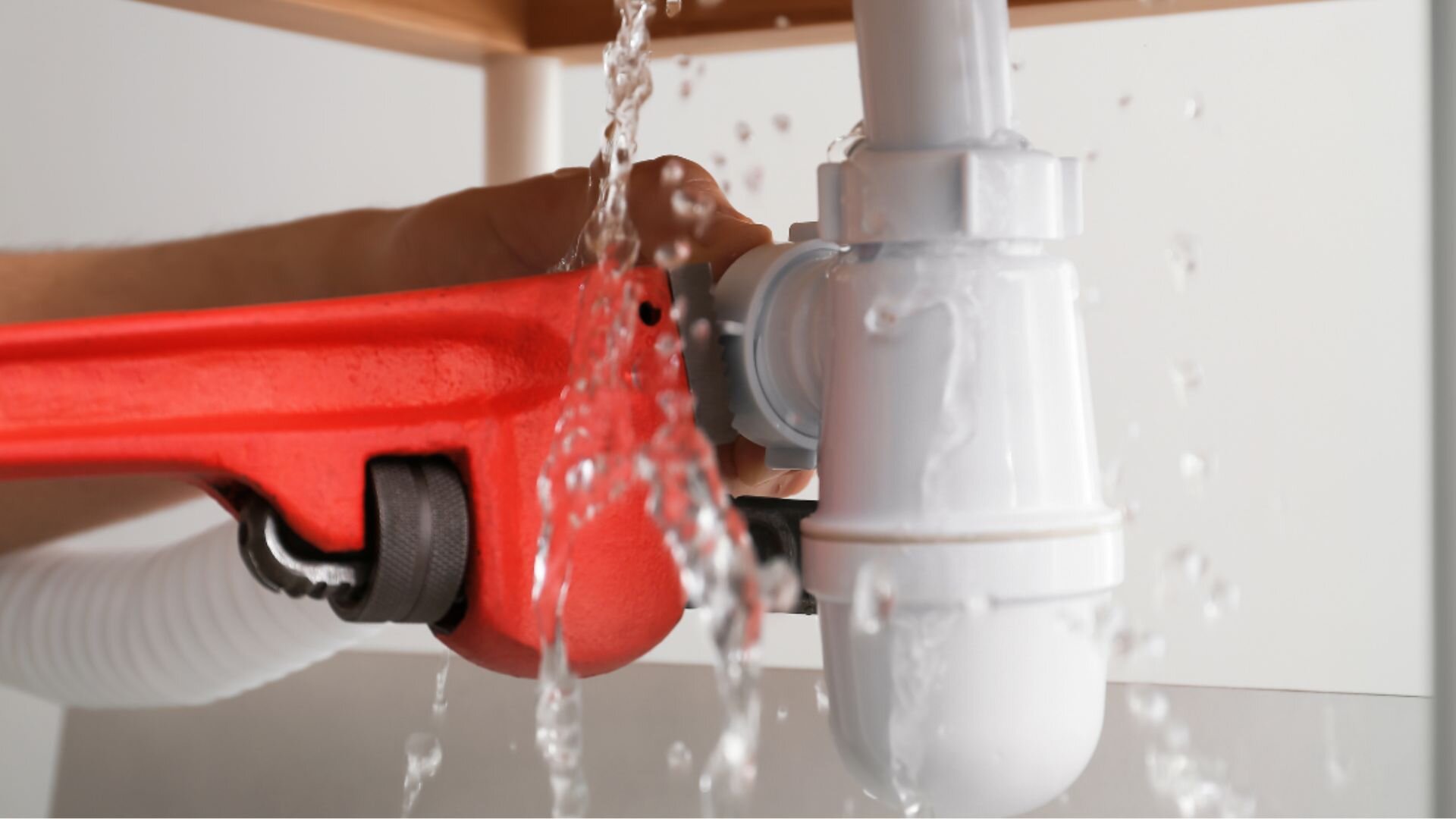
Plumbing emergencies can take various forms, each presenting its challenges. By identifying these common issues, you can quickly assess the severity of the situation and take appropriate action. Here are some examples of plumbing emergencies that homeowners may encounter:
- Burst Pipes: Burst pipes can quickly lead to significant water damage. Freezing temperatures, excessive water pressure, or deteriorating pipes often cause them.
- Leaks and Drips: Whether it’s a persistent drip from a faucet or a hidden leak behind a wall, addressing leaks promptly is essential to prevent water wastage and potential structural damage.
- Clogged Drains and Toilets: A clogged drain or toilet can cause inconvenience and potential water overflow. Common culprits include hair, grease, foreign objects, and sanitary products.
- Gas Leaks and Odours: Gas leaks pose a serious safety hazard and require immediate attention. The distinct odour of gas or hissing sounds near gas lines should never be ignored.
- Sewage Backup: A sewage backup can result from a clogged main sewer line or damaged pipes, leading to foul odours, contamination, and potential health risks.
By understanding the characteristics and identifying these plumbing emergencies, you can take swift action and mitigate the damage caused by these incidents. The following sections will guide you on how to handle each situation effectively.
Immediate Response: Shutting Off The Water Supply
First things first, shut off the water! This step is key to stopping further damage. Here’s how to do it:
1. Find the Main Water Shut-Off Valve: You’ll usually find the main shut-off by the water meter or where the water comes into the house. It’s often hanging out in your basement, crawlspace, garage, or near the water heater.
2. Turn Off the Valve: Twist that valve to the right (clockwise) to cut the water. If it’s stubborn, grab a wrench or pliers.
3. Check the Water Flow: Turn on any tap to double-check if the water is truly off.
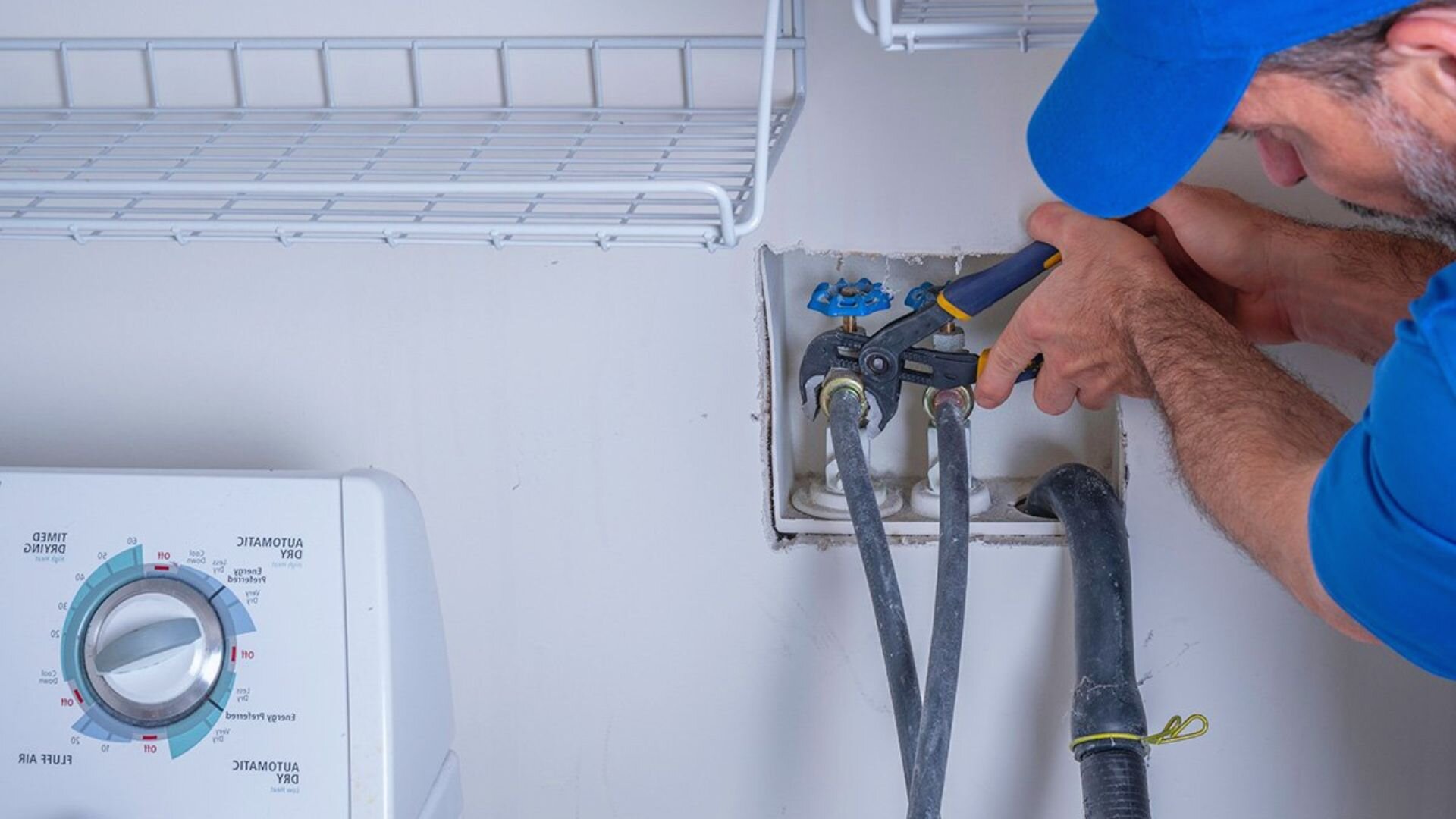
Assessing The Situation: DIY Fixes Or Professional Help?
When a plumbing emergency occurs, accurately assessing the situation is crucial to determine whether you can handle it yourself or if professional assistance is needed. Several factors should be considered during this assessment:
The first step is to evaluate the problem’s severity. Determine if a minor leak can be easily contained and repaired or if a significant issue, such as a burst pipe or sewage backup, requires specialised knowledge and equipment.
Secondly, the safety concerns associated with the plumbing emergency should be assessed. Consider the potential risks, such as gas leaks, electrical hazards, or exposure to contaminated water. If safety is at stake, immediate professional intervention may be necessary to ensure your well-being and that of your household. You must honestly consider your plumbing skills and experience. It’s important to acknowledge that attempting complex repairs without adequate expertise can lead to further damage and potentially incur higher costs.
You must also consider any time constraints you may have. Consider the situation’s urgency and your availability to address the plumbing emergency. If you are facing time limitations or lack the necessary time to dedicate to the repairs, it may be more practical to seek professional help.
In many cases, even seemingly minor issues can benefit from the expertise of a licensed plumber. They possess the necessary knowledge and skills to accurately assess the situation and provide long-lasting solutions.
Burst Pipes: Emergency Steps And Repairs
In plumbing emergencies, burst pipes can cause significant damage if not addressed promptly. A burst pipe can lead to water leakage, flooding, and potential structural issues. We have outlined the steps to handle a burst pipe emergency and provide guidance on temporary repairs until a professional plumber arrives.
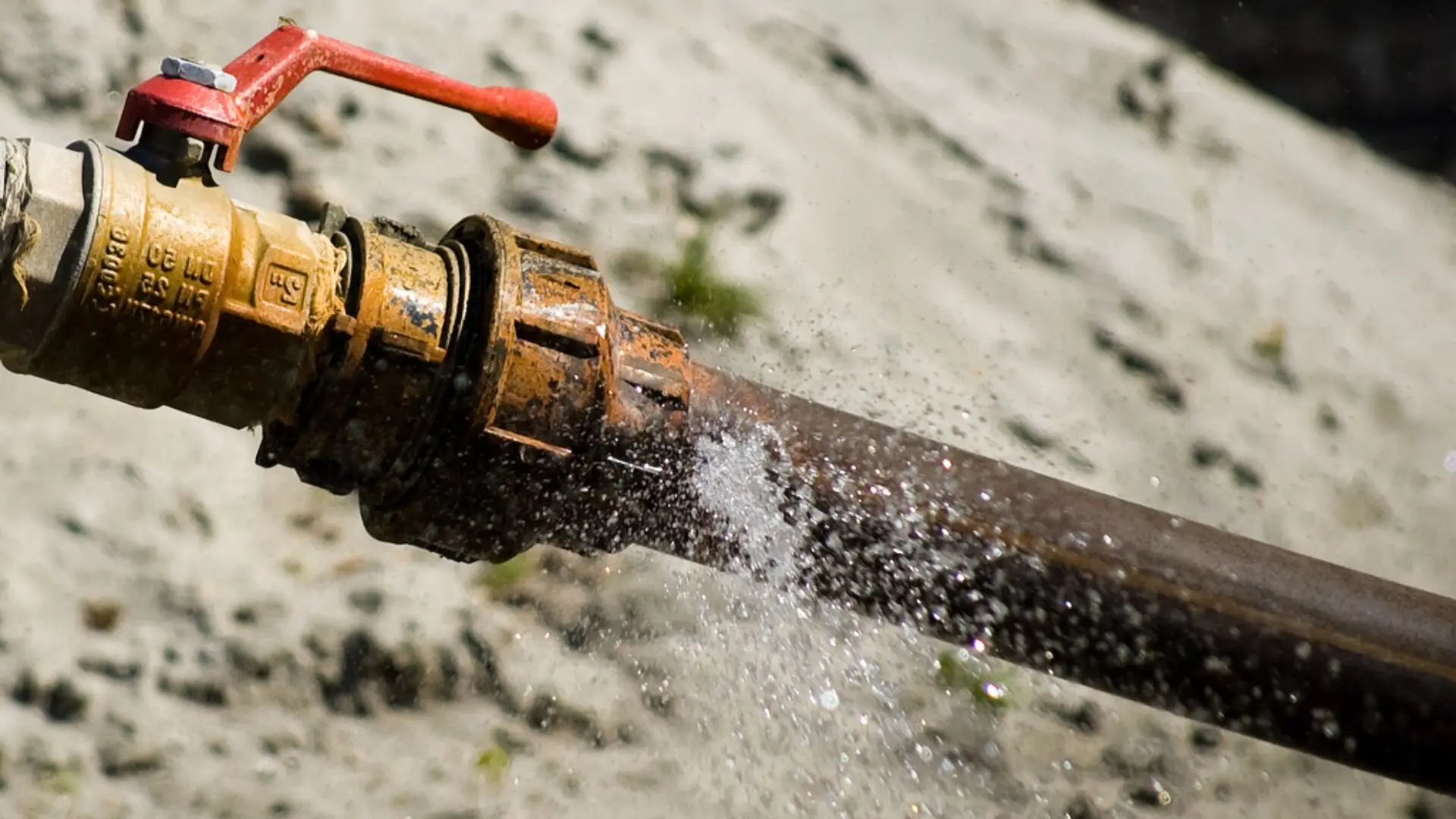
1. Shut off the Water Supply
The first and most crucial step in dealing with a burst pipe is to shut off the water supply immediately. If you need more clarification about its location, consult your plumbing system manual or contact a professional plumber.
2. Assess the Damage
Once the water supply is shut off, assess the extent of the damage caused by the burst pipe. Look for signs of water accumulation, dampness, or structural weakness in the affected area. Take note of any electrical appliances or outlets that may have been exposed to water, and exercise caution.
3. Temporary Repairs
While waiting for a professional plumber to arrive, you can perform temporary repairs to minimise further damage. Start by drying the affected area and removing any standing water. Use towels, mops, or a wet-dry vacuum to soak the water.
Next, wrap a rubber or silicone repair tape tightly around the burst section of the pipe. This will help contain the leak until a permanent fix can be implemented.
Leaks And Drips: Quick Fixes and Damage Control
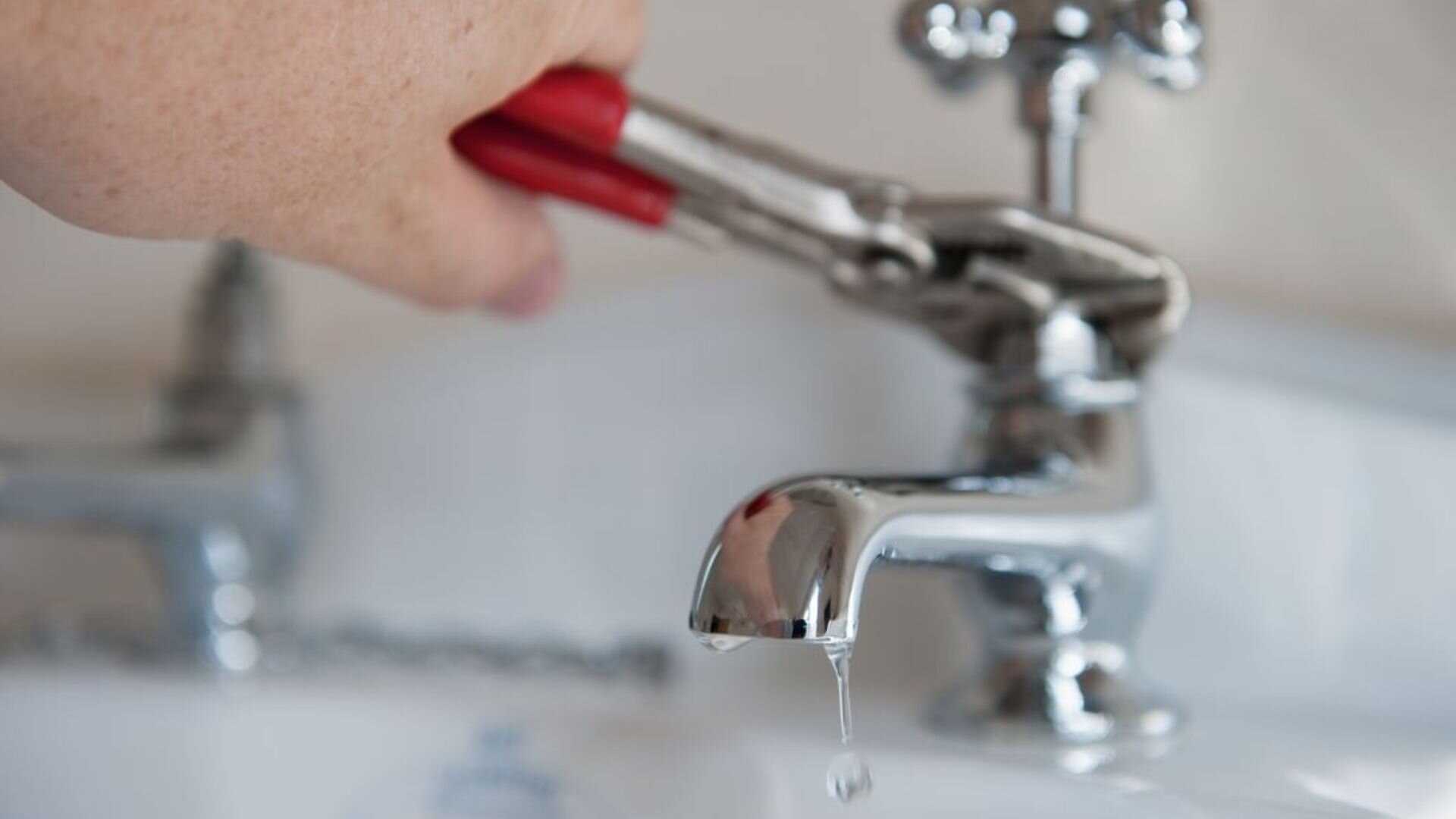
Leaky faucets, dripping pipes, and other plumbing leaks may seem minor initially, but if left unattended, they can escalate into significant issues, including water damage and increased utility bills. Here’s what you can do:
1. Identify The Source Of The Leak
First up: figuring out where the leak’s coming from. Look for obvious clues like water dripping or pooling around fixtures, pipes, or joints. Keep an eye out for tell-tale signs like discoloured or damp patches on walls, ceilings, or floors, which might mean hidden leaks.
Don’t forget to grab a flashlight to peek into tricky spots like under the sink or behind appliances.
2. Fixing A Leaky Tap
A leaky faucet is one of the most common plumbing issues. To fix it, turn off the water supply to the affected faucet. Usually, shut-off valves are located under the sink. Once the water is off, disassemble the faucet handle and replace worn-out gaskets, O-rings, or washers. Reassemble the faucet and turn the water supply back on to check for leaks.
3. Repairing Dripping Pipes
If you have a dripping pipe, addressing the issue promptly is essential to prevent further damage. Use a pipe wrench or adjustable pliers to tighten any loose pipe connections. If the dripping persists, you may need to replace damaged or worn-out washers, gaskets, or seals. For complex pipe repairs, it’s recommended to seek the assistance of a professional plumber.
4. Damage Control
While waiting for repairs or if the issue requires professional assistance, it’s crucial to minimise the damage caused by leaks and drips. Place a bucket or container under the leak to collect the dripping water.
If there are any signs of water damage on walls or ceilings, place towels or a tarp to absorb the moisture and protect the surrounding area. Also, proper ventilation should be ensured to prevent mould or mildew growth.
Clogged Drains And Toilets: Temporary Solutions
Clogged drains and toilets can disrupt daily routines and cause inconvenience. It’s important to note that these solutions are meant for minor clogs, and persistent or severe blockages may require the expertise of a plumber.
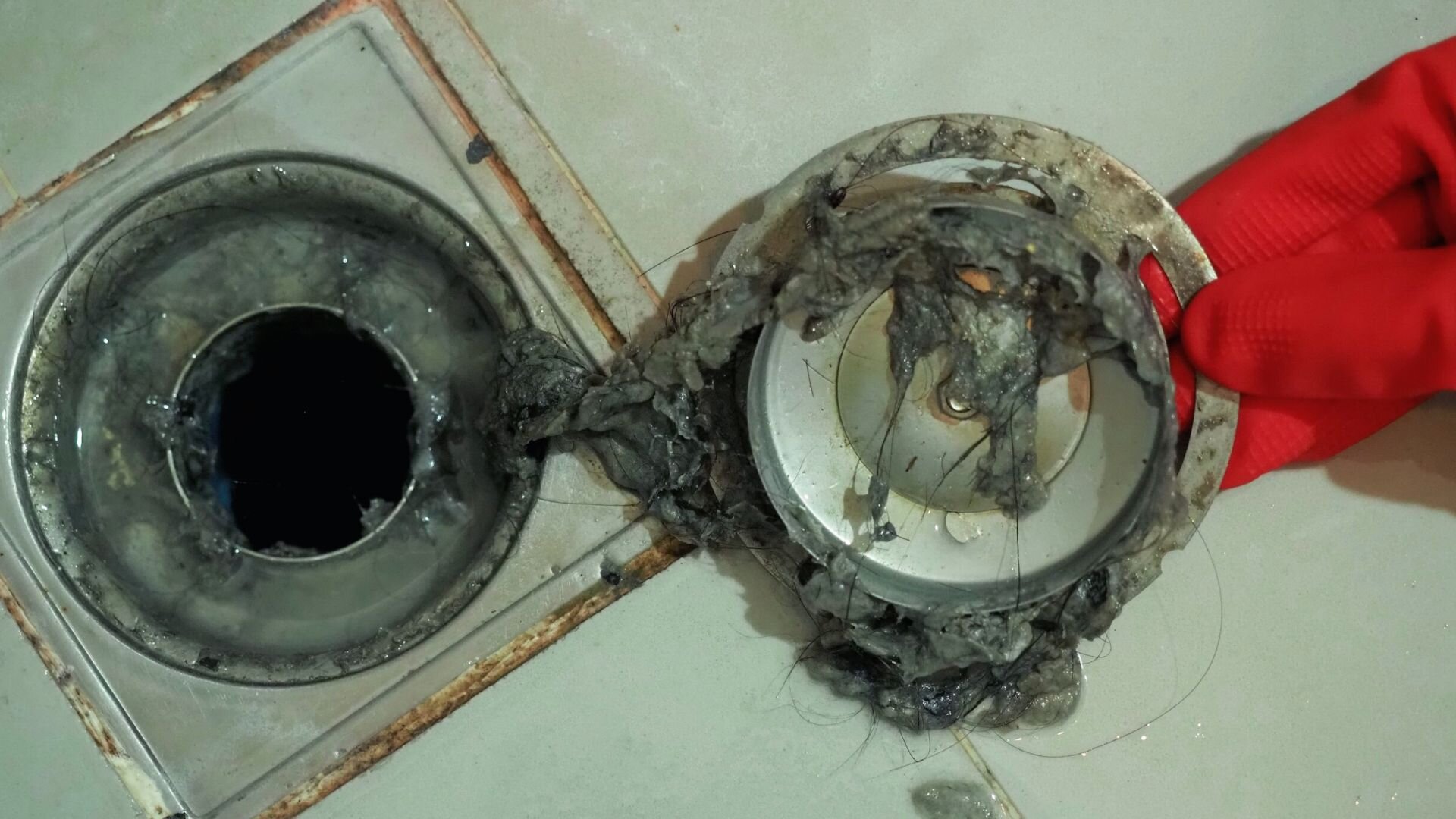
1. Clearing A Clogged Drain
If you encounter a clogged drain, use a plunger to dislodge the blockage. Place the plunger over the drain, ensuring a tight seal, and vigorously push and pull to create suction. Repeat this motion several times, then flush the drain with hot water to remove any remaining debris.
Considerusing a mixture of baking soda and vinegar for kitchen sinks and baths. Pour half a cup of baking soda, followed by a cup of vinegar, down the drain. Let it sit for a few minutes, and then flush the drain with hot water.
2. Unclogging A Toilet
When faced with a clogged toilet, the first step is to avoid flushing repeatedly, which may cause the water to overflow. Instead, use a plunger to create suction and dislodge the blockage. Place the plunger over the drain hole, ensuring a good seal, and push and pull vigorously. Repeat this process until the water starts draining correctly.
If the plunger doesn’t work, you can use a toilet auger, also known as a "plumber’s snake." Insert the drill into the toilet drain and rotate the handle to break the blockage. Be careful not to scratch the toilet bowl surface with the auger.
Gas Leaks And Odours: Safety Precautions and Emergency Response
Gas leaks are serious emergencies that require immediate attention due to the potential risks they pose to safety. Below, we have discussed essential safety precautions to take in case of a gas leak and outlined the necessary steps for emergency response.
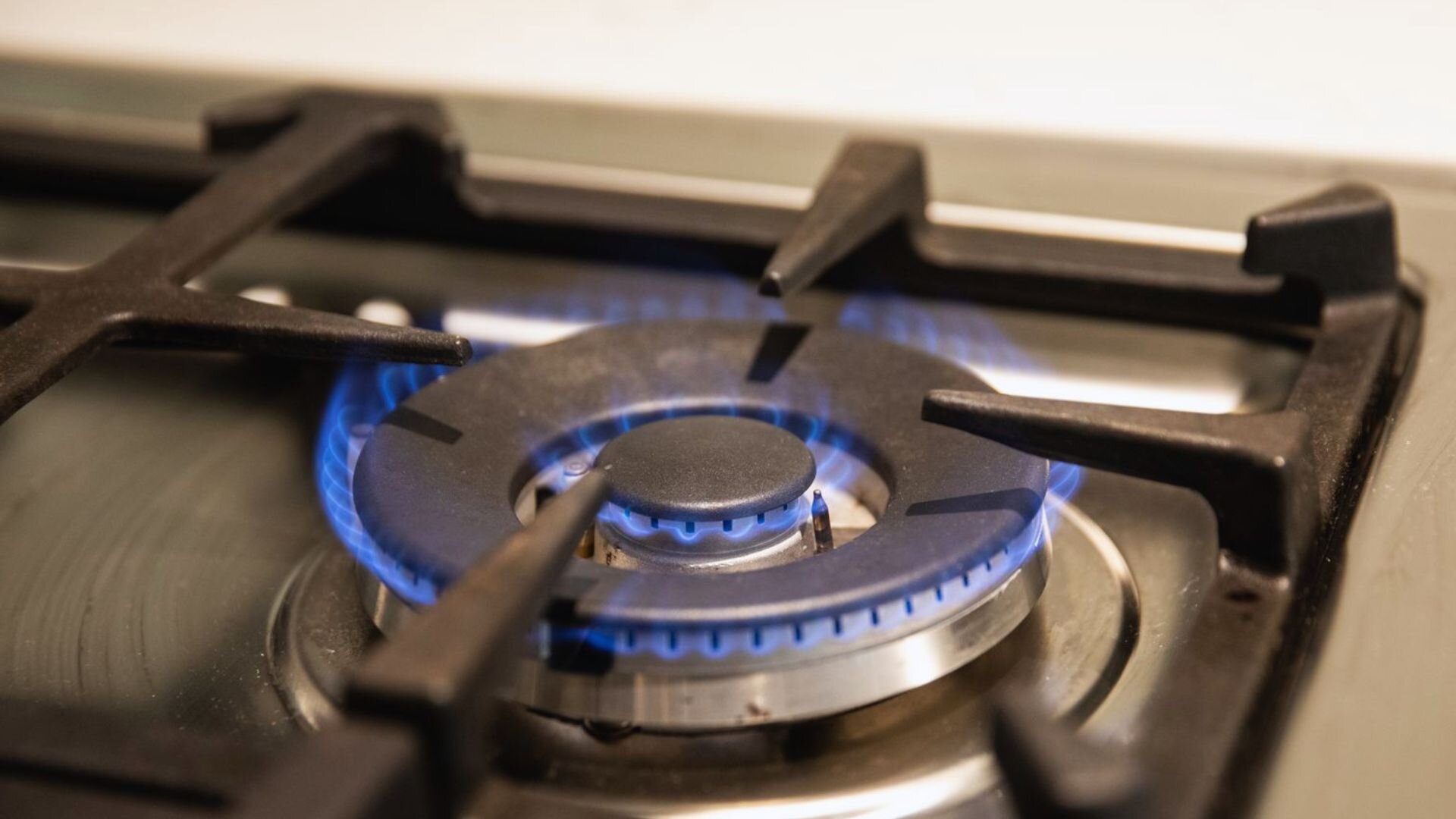
1. Recognising The Signs Of A Gas Leak
Spotting a gas leak in time is absolutely key for safety. You’ll want to sniff out that tell-tale 'rotten egg’ stink that signals trouble. Other hints? Listen for hissing or whistling near gas lines, notice if any plants are suddenly brown and withering by the gas piping, or spot a mysterious hike in your gas bill.
Got a sneaking suspicion about a gas leak? Move quickly to keep everyone safe.
2. Safety Precautions
In the event of a gas leak, prioritise the safety of everyone present. Follow these essential safety precautions:
- Immediately evacuate the premises, ensuring everyone is out of the building. Avoid using any electrical appliances or switches that could create sparks.
- Do not light matches, candles, or any other open flames, as they can ignite the gas and cause an explosion.
- If it’s safe, open windows and doors to allow for ventilation and help disperse the gas.
- Do not operate electrical equipment, including light switches, doorbells, or phones, as they can create sparks. Avoid using any devices that could cause a spark, such as mobile phones or battery-operated tools.
- It’s vital to avoid locating or repairing the gas leak yourself. Leave this task to trained professionals.
3. Emergency Response
Once everyone is safely outside the building, call the gas company’s emergency line or the relevant authorities to report the gas leak. Please provide them with accurate information about the situation, including your location and any relevant details about the odour or sounds.
Follow the gas company or emergency responders’ instructions and await their arrival. They will assess the situation, locate and repair the gas leak, and ensure the area is safe before allowing re-entry.
Sewage Backup: Handling the Emergency and Cleanup
A sewage backup is a distressing plumbing emergency requiring immediate attention due to its health hazards. Let’s look at how you can handle them:
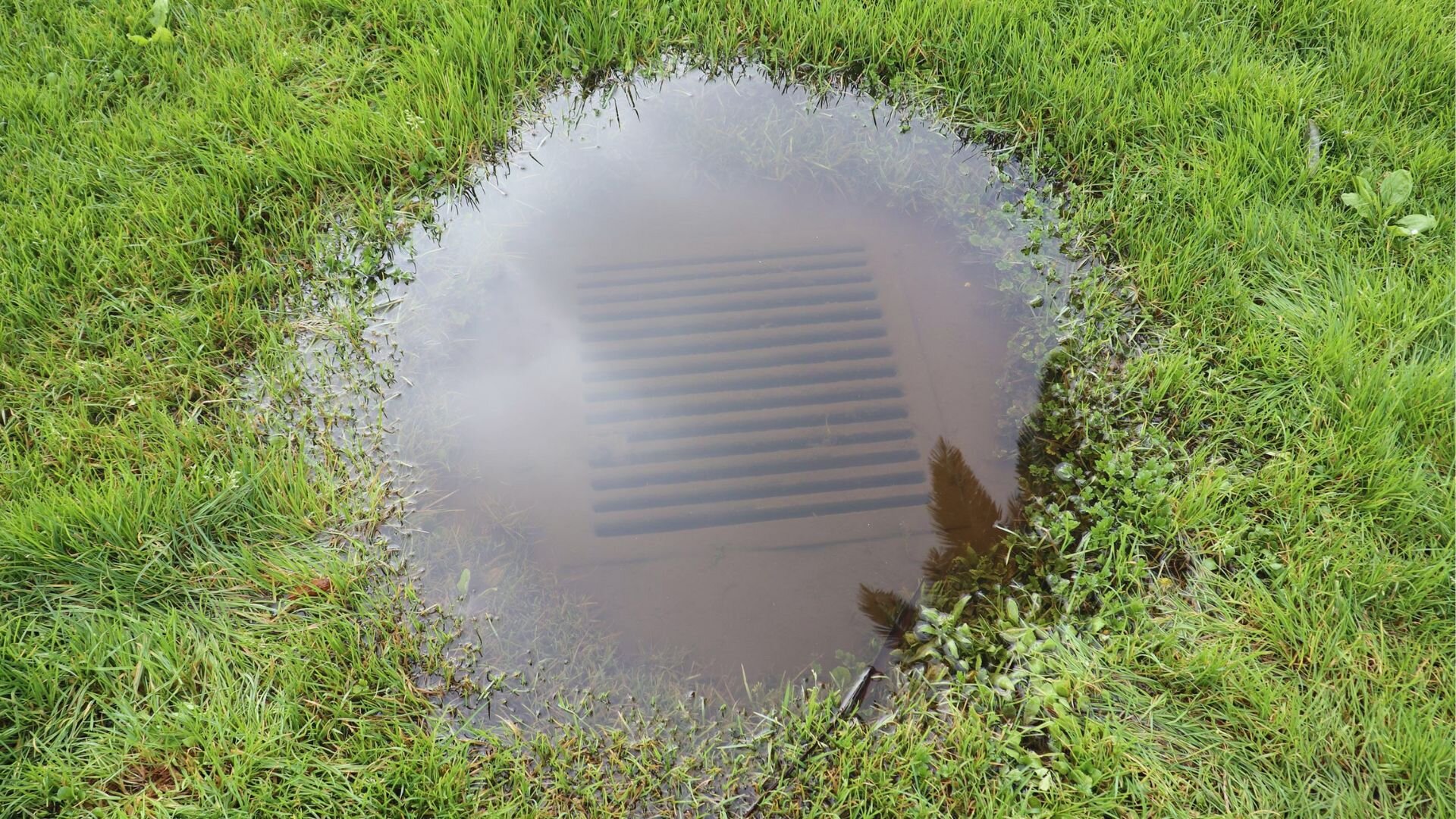
1. Ensure Personal Safety
Before addressing a sewage backup, it’s crucial to prioritise personal safety. Sewage contains harmful bacteria and pathogens that can cause severe illnesses. Take the following precautions:
- Wear protective clothing, including rubber gloves, boots, and goggles, to prevent direct contact with sewage.
- Open windows and doors to ensure proper ventilation. Avoid breathing in any fumes or airborne particles.
- Minimise skin contact with sewage using tools or implements to handle the cleanup.
2. Stop Water Flow And Electricity
In the event of a sewage backup, it’s essential to stop the water flow and ensure electrical safety. As discussed earlier, turn off your main water supply, and if possible, turn off all electricity and appliances in your home.
3. Call a Professional Plumber
Sewage backup requires professional expertise and specialised equipment for proper cleanup and disinfection. Contact a reputable professional plumber experienced in handling sewage backups to assess the situation and perform the necessary repairs.
4. Cleanup Process
While awaiting professional assistance, there are initial steps you can take to minimise the damage caused by a sewage backup. Start by removing excess water from the affected area using a wet-dry vacuum, mop, or towels. This helps prevent the further spread of the sewage and reduces potential damage.
Thoroughly clean and sanitise all surfaces and objects that came into contact with the sewage. You can use bleach and water or a specialised disinfectant recommended for sewage cleanup. This step is essential for preventing bacteria growth and eliminating harmful pathogens.
When it’s safe, dispose of items that cannot be effectively cleaned or disinfected, such as rugs, carpets, and porous materials. Proper disposal ensures that potential contaminants are removed from your living space.
Preventing Plumbing Emergencies: Proactive Measures
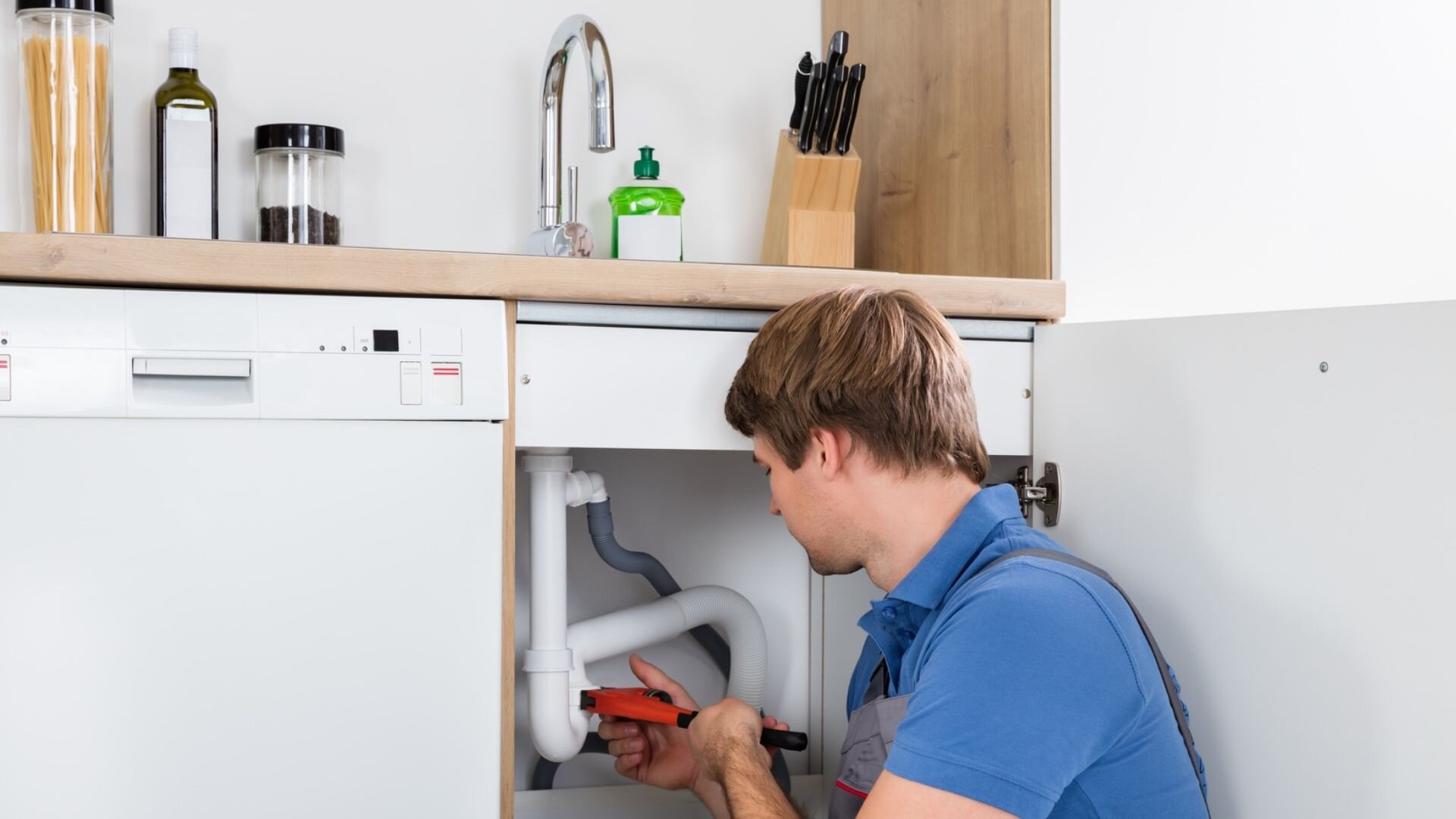
Plumbing emergencies can often be avoided with proactive measures and regular maintenance. Taking preventive steps can significantly reduce the risk of encountering major plumbing issues. Here are some essential tips to help you prevent plumbing emergencies:
- Plumbing Inspections: Contact your plumber for regular plumbing inspections.
- Proper Drain Care: Avoid grease, oil, and food scraps. Use drain covers, and clean regularly.
- Maintain Water Pressure: Use a regulator to keep it in the recommended range.
- Insulate Pipes: Protect from freezing with insulation sleeves or heat tape.
- Proper Toilet Usage: Don’t flush wipes, feminine products, or cotton balls.
- Water Heater Maintenance: Follow guidelines, flush the tank, and check the relief valve.
- Outdoor Plumbing: Disconnect hoses and insulate faucets during winter.
Be Prepared for a Plumbing Emergency!
Dealing with a plumbing emergency is never a picnic, but knowing what to do next can really limit the damage. Whether you’ve got burst pipes, leaks, clogs, gas issues, or sewage worries, you’re now armed with some smart strategies to tackle them head-on.
And remember, your safety comes first. If you’re not quite sure what to do, or if you feel like you’re out of your depth, don’t hesitate to ring up a licensed plumber.
For any emergency plumbing needs or queries, reach out to Fixed Today Plumbing in Balmain. Our team of seasoned plumbers is ready to jump in anywhere in Sydney. From blocked drains to leak detection, our Sydney emergency plumbers know how to fix it right.
Don’t let a plumbing emergency take you by surprise. Stay prepared, stay savvy, and step up when it’s needed!














